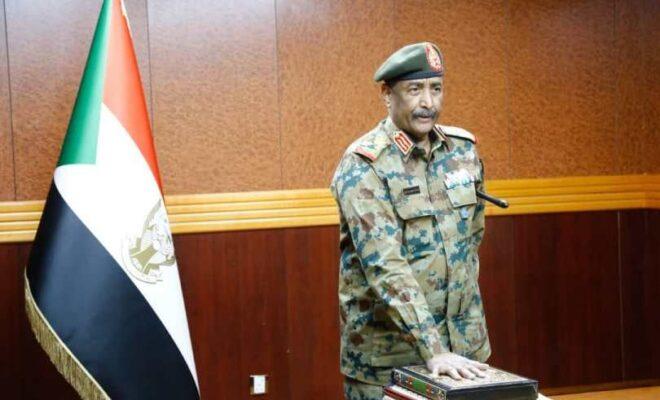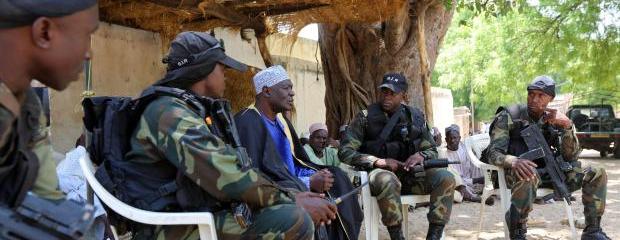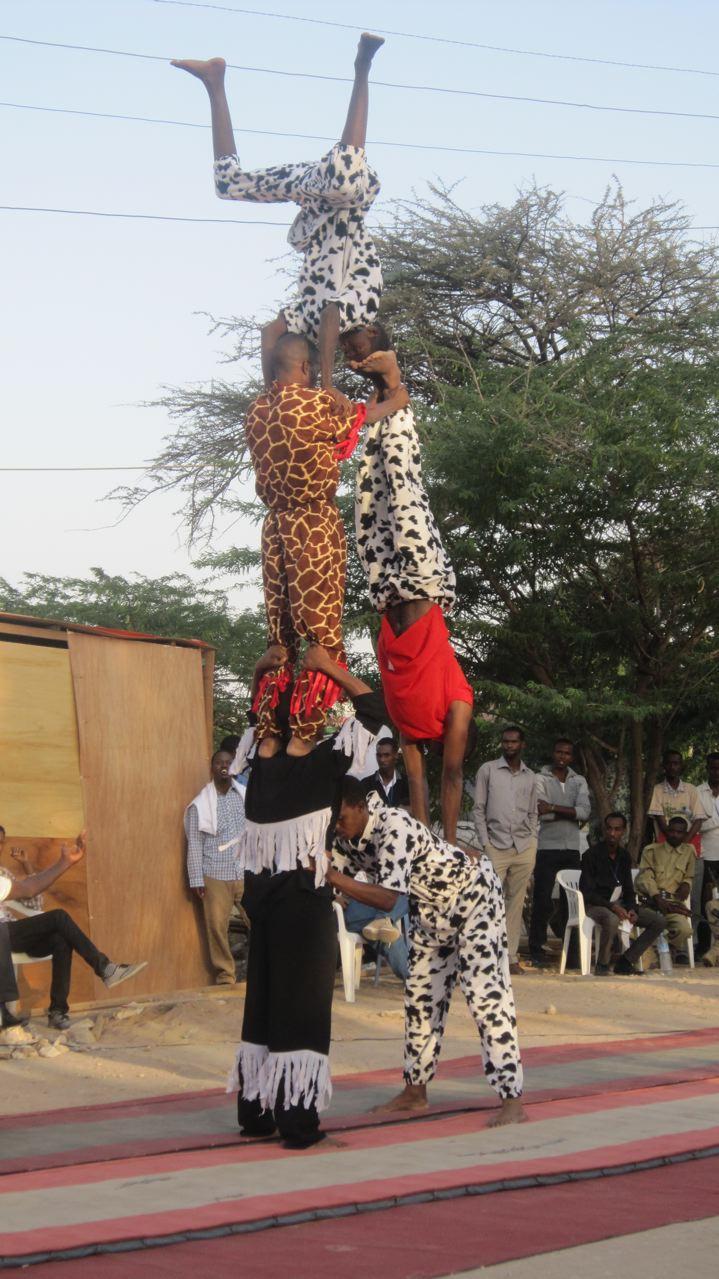
Debating Ideas is a new section that aims to reflect the values and editorial ethos of the African Arguments book series, publishing engaged, often radical, scholarship, original and activist writing from within the African continent and beyond. It will offer debates and engagements, contexts and controversies, and reviews and responses flowing from the African Arguments books.

Sudanese army chief Abdel-Fattah al-Burhan is consolidating power and embarking on a strategy to lead Sudan as a new authoritarian ruler. However, the fissures in al-Burhan’s regime are becoming more apparent. For the pro-democracy movement to overcome al-Burhan’s authoritarianism they must attack these weaknesses.
Al-Burhan’s malfunctioning political project
On 11 November, al-Burhan announced members of a new Sovereignty Council. The creation signals that Potemkin negotiations with deposed Prime Minister Hamdok are likely finished. But al-Burhan is struggling to name representatives to his government.
First, Malik Agar, Taher Hajar and Hadi Idris are three leaders from opposition armed groups named to the new Sovereignty Council but they did not attend the 12 November swearing in ceremony. The three leaders initially rejected their appointment but have since reversed course and joined the Sovereignty Council.[1]
Second, al-Burhan has not been able to find a Prime Minister. On 12 November Sudanese scholar Hunud Abia Kadouf rejected an appointment by al-Burhan to lead a new cabinet, the latest official to decline the job.
That al-Burhan has yet to find a single corruptible individual and was initially rejected by three rebel leaders who have few soldiers is a damming indictment of his malfunctioning political project. Military commanders fear fratricide during a dispute, meaning that they sit on the sidelines until a winner becomes apparent. Confidence in al-Burhan as a political manager appears to be waning. And more divisive questions than who is the Prime Minister or on the Sovereignty Council remain unanswered.
Al-Burhan’s political coalition includes Islamists on one side and commander of the Rapid Support Forces (RSF) Mohammed Hamdan Dalgo “Hemeti” on the other. The two sides openly insult one another with visitors.[2] At some point, the tensions between the Islamists and Hemeti will be realized. If al-Burhan can’t even convince someone to become Prime Minister (which a well-planned coup would have already organized) how is he going to manage a fundamental flaw of his coalition?
Al-Burhan’s political coalition also includes Mini Minawi and Gabril Ibrahim. However, there are indications that officials within the Sudanese Liberation Army of Mini Minawi and the Justice and Equality Movement of Gabril Ibrahim disagree with their respective commanders about backing the 25 October coup.[3] Already with a dubious command over these troops, there are growing concerns from Darfur that there may be a mutiny against Minawi and Gabril.
Arrests, not massacres
It appears that al-Burhan is trying to suffocate the protest movement. Hundreds of activists have been arrested, and more would be behind bars if they were not already in hiding. The internet is still shutdown in Sudan, making it more difficult for organizers to coordinate marches. Deposed Prime Minister Hamdok is still under house arrest. Al-Burhan’s attempt to suffocate the protest movement through arrests stands in contrast with previous tactics to commit widespread massacre against protestors, so far.
As of this writing five protestors were killed during the 13 November protests, bringing the total of those killed by al-Burhan’s forces since the 25 October coup to 22. In both protests hundreds were injured. These deaths are rightfully being mourned and are unacceptable. But it is notable that military forces have not repeated the 3 June massacre that would kill hundreds or more demonstrators.
Al-Burhan’s choice to arrest leaders rather than use mass-violence against protestors may unveil weaknesses within his regime. First, al-Burhan may be afraid that the consequences of mass violence will be abandonment by his international partners. Saudi Arabia and the U.A.E. partially care about their image vis-à-vis Western nations. It means al-Burhan’s reliance on the coup-quartet is as much a hindrance as it is a benefit. As these nations did to Omar al-Bashir in 2019, they may abandon al-Burhan as well in certain conditions.
Second, al-Burhan may be afraid that mass-violence against protestors would turn his own soldiers against him. In 2019, the generals around al-Bashir declined orders to carry out a massacre against civilians. Al-Burhan may also recognize that leaders within the military also have red-lines. What other red-lines do these commanders have? Abandonment by the international community? A luxury vacation in Europe? The need for immunity for crimes they’ve committed? The desire to continue extracting revenue from corruption?
The fractures can become crevasses.
End Notes
[1] ‘Malik Agar’s group rejects appointment into new governing Sovereign Council’, Sudan’s Post, 12 November 2021.
[2] Interviews with senior RSF officials 2019–21, Khartoum.
[3] https://twitter.com/25Wli/status/1453440687815467010
“This Is Not a Coup” is a daily update from Sudan that gives perspective on the country’s military takeover. The author is anonymous to protect their identity. The title is a reference to the 26 October speech of General Abdel Fatah al-Burhan.






